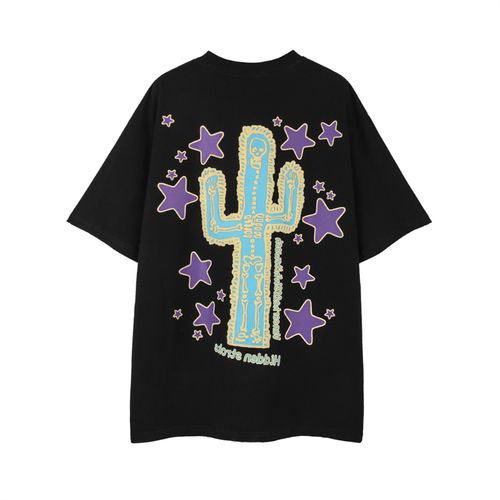Jersey fabric is a functional fabric specially used for sportswear. It has excellent sweat-absorbing and moisture-wicking capabilities. The following will introduce in detail the functionality of jersey fabric in sportswear and its ability to absorb sweat and moisture:
1. Characteristics of jersey fabric:
Jersey fabrics are usually composed of synthetic fibers and breathable natural fibers, such as polyester fibers, nylon fibers, and cotton fibers. These fibers have excellent breathability and moisture-wicking properties, which can help the body stay dry and comfortable, reducing discomfort during exercise.
2. Moisture wicking mechanism:
Jersey fabric uses special textile technology and fiber structure design to increase its moisture wicking. Khan’s ability. The porous fiber structure and larger surface area absorb and evaporate sweat more efficiently. The fibers inside the fabric can absorb sweat and quickly disperse it to the surface of the fabric, promoting evaporation and rapid drying, keeping the body dry.
3. Breathability and quick-drying:
Jersey fabric has good breathability and can pass through the tiny gaps between fibers. Gaps allow air to circulate. This breathability helps dissipate heat and moisture from the body surface, improving comfort during exercise. At the same time, jersey fabric is also quick-drying, which can quickly transfer sweat to the surface of the fabric and accelerate evaporation, thereby speeding up drying.
4. Antibacterial and anti-odor:
Since long-term exercise will produce sweat, in order to avoid the growth of sweat odor and bacterial growth, jersey fabrics are often Using antibacterial treatment technology. This technology can add antibacterial agents to fabrics to effectively inhibit bacterial growth, reduce odor generation, and keep clothes fresh.
5. Comfort and quality:
The comfort of jersey fabric is an important reflection of its functionality. High-quality jersey fabric has a soft, smooth touch and is not prone to friction and skin irritation. In addition, the jersey fabric undergoes special processing and strict quality control to ensure good durability and wrinkle resistance, extending the life of the garment.
In summary, the functionality of jersey fabrics in sportswear is mainly reflected in its excellent sweat-absorbing and moisture-wicking capabilities. It can quickly absorb and disperse sweat, and promote evaporation and rapid drying, effectively keeping the body dry and comfortable. At the same time, jersey fabric also has the advantages of breathability, antibacterial and anti-odor, providing athletes with a better sports experience. Choosing sportswear made of high-quality jersey fabrics can meet the comfort and functionality needs of athletes.






